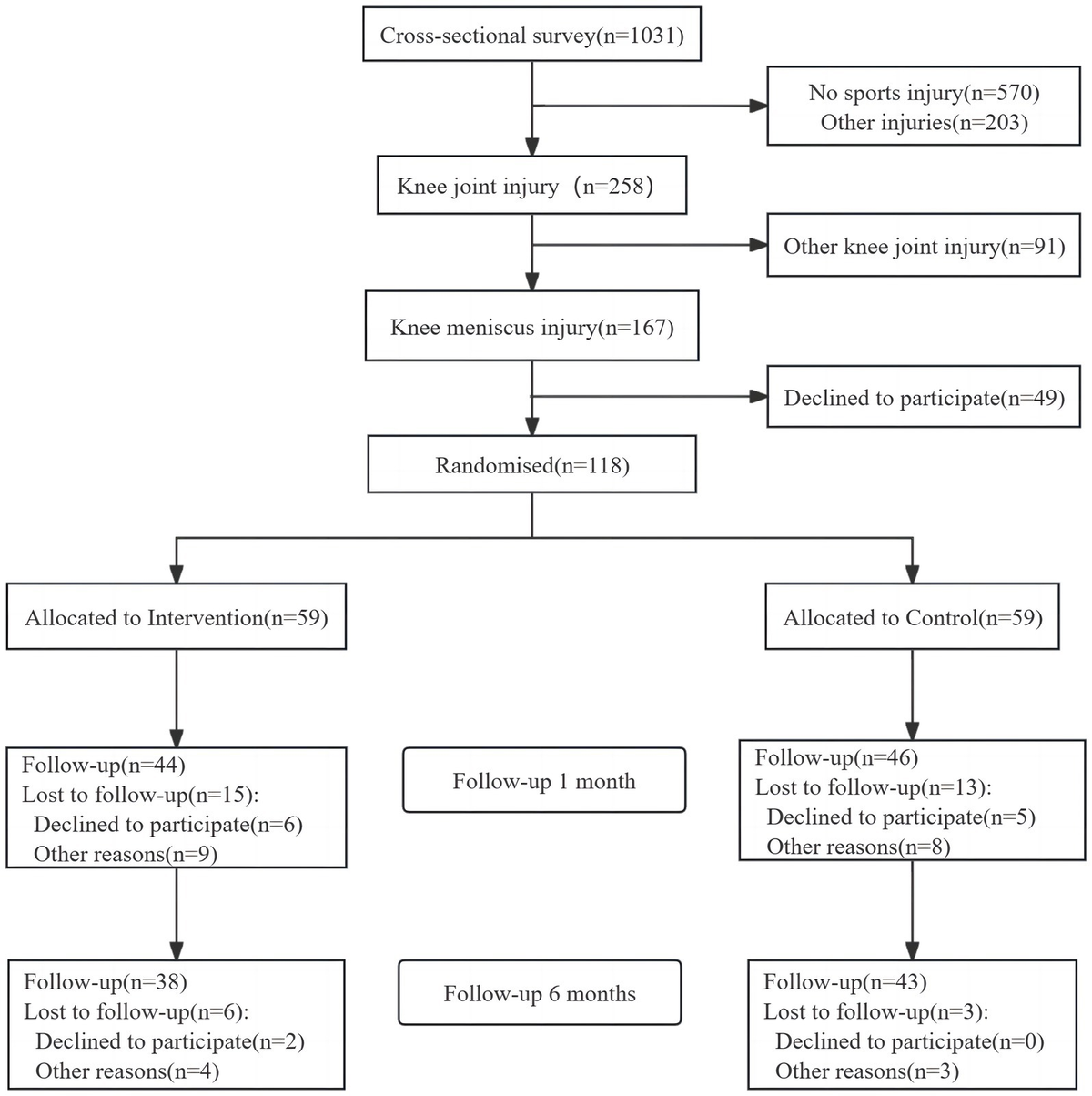Knee osteoarthritis, a progressive and painful condition, has long been managed through a combination of lifestyle modifications, medications, and, in severe cases, knee replacement surgeries. However, recent research suggests that weight loss drugs, such as semaglutide, may offer a promising non-surgical treatment for those dealing with obesity-related knee osteoarthritis. This new approach could help individuals manage their symptoms and possibly delay or avoid the need for knee replacement surgery altogether.
The Link Between Obesity and Knee Osteoarthritis
Osteoarthritis occurs when the cartilage that cushions joints gradually breaks down, leading to pain, stiffness, and limited mobility. People with obesity are at a higher risk for osteoarthritis, as excess weight places increased stress on weight-bearing joints like the knees. In fact, the likelihood of developing knee osteoarthritis is over four times higher in individuals with obesity compared to those with a healthy weight. For many patients, losing weight has been an effective way to reduce knee pain and inflammation; however, adhering to a weight-loss regimen is often challenging.
Traditionally, individuals with knee osteoarthritis have relied on corticosteroid or hyaluronic acid injections to manage pain and improve joint function. These treatments can help alleviate symptoms temporarily but do not address the root cause of osteoarthritis or stop the disease’s progression. Now, the possibility of using a weight loss drug to tackle both obesity and knee pain has generated significant interest within the medical community.
-1730790452105.jpg)
Semaglutide: A New Hope for Osteoarthritis Patients
Semaglutide, a medication initially developed for type 2 diabetes, has gained popularity under the brand names Wegovy (for weight loss) and Ozempic (for diabetes management). Recently, a study published in The New England Journal of Medicine investigated the potential benefits of semaglutide for individuals with moderate knee osteoarthritis who were also managing obesity. The findings were promising, with participants who used semaglutide for 15 months reporting a significant reduction in knee pain, nearly 50%, alongside an average weight loss of 14% of their body weight. This pain reduction and weight loss are substantially higher than what was observed in the study’s control group, where participants who took a placebo reported only a 3% reduction in body weight and more moderate pain relief.
Also Read: WHO Activates Global Health Emergency Corps To Fight Mpox Spread
Dr Henning Bliddal, a lead author of the study from Denmark’s Copenhagen University Hospital, emphasised the potential of semaglutide as a sustainable, non-surgical alternative for individuals with obesity-related osteoarthritis. According to Bliddal, weight loss combined with increased physical activity has long been the recommended approach for managing symptoms, yet adherence remains a significant challenge. A medication that supports weight loss while also reducing osteoarthritis symptoms could be a game-changer for those struggling to lose weight on their own.
Mechanisms Behind the Pain Relief: Weight Loss or Anti-Inflammatory Effects?
While weight loss appears to be the primary factor contributing to reduced knee pain, semaglutide may also have additional benefits beyond weight reduction. The researchers acknowledged that semaglutide’s anti-inflammatory properties might play a role in alleviating osteoarthritis symptoms. Osteoarthritis pain is often associated with joint inflammation, and by lowering inflammation, semaglutide may provide additional relief for patients. Although the study was not designed to pinpoint the exact mechanisms at play, the dual benefits of weight loss and possible anti-inflammatory effects make semaglutide a noteworthy option for further exploration.
Also Read: WHO Report Highlights India’s High TB Treatment Coverage And Surge In Preventive Therapy Efforts
Study Findings and Safety Considerations
The study included 407 adults with an average weight of around 240 pounds, most of whom were women aged 56 on average. Participants reported their knee pain on a scale of 100 at the beginning of the study, with an average pain level of 71 points. By the end, those on semaglutide experienced a 42-point reduction in pain, compared to a 27.5-point drop in the control group. The findings also showed that those on semaglutide were less reliant on over-the-counter pain relievers, such as NSAIDs and acetaminophen, compared to those who received the placebo.
However, not all participants completed the study. About 13% of those in the semaglutide group and 22% of those in the placebo group dropped out. Adverse events were noted in both groups, with some individuals experiencing digestive side effects—a known issue with semaglutide. The authors reported no unexpected safety concerns, but they suggested that further studies could explore these effects more comprehensively.
Bottomline
While knee replacements remain a reliable solution for severe osteoarthritis cases, they come with the risks and recovery challenges typical of major surgery. Semaglutide could offer an attractive alternative for patients seeking a non-invasive treatment option. By reducing body weight and potentially lowering joint inflammation, this weight loss drug could help patients manage their knee osteoarthritis symptoms and possibly delay or eliminate the need for surgery.
As semaglutide’s effectiveness for osteoarthritis continues to be studied, it highlights the potential for using weight loss medications in innovative ways beyond their original intent. For now, semaglutide may provide hope to many with obesity-related knee osteoarthritis, offering pain relief and mobility improvements that could make daily life more manageable.











